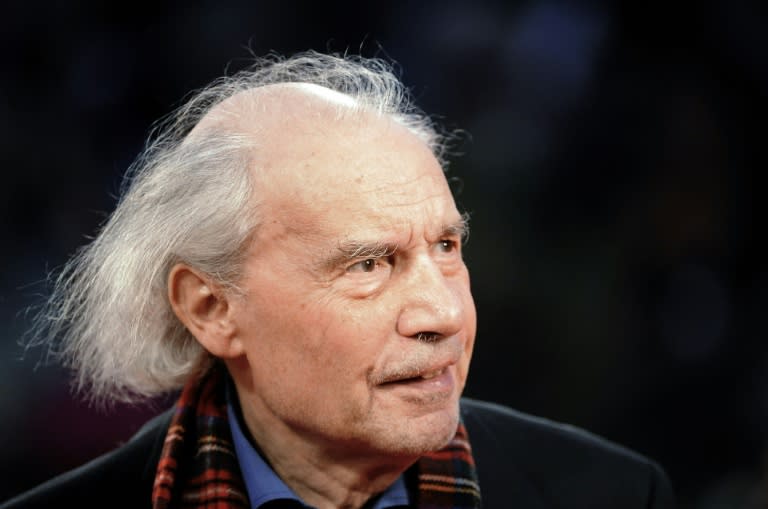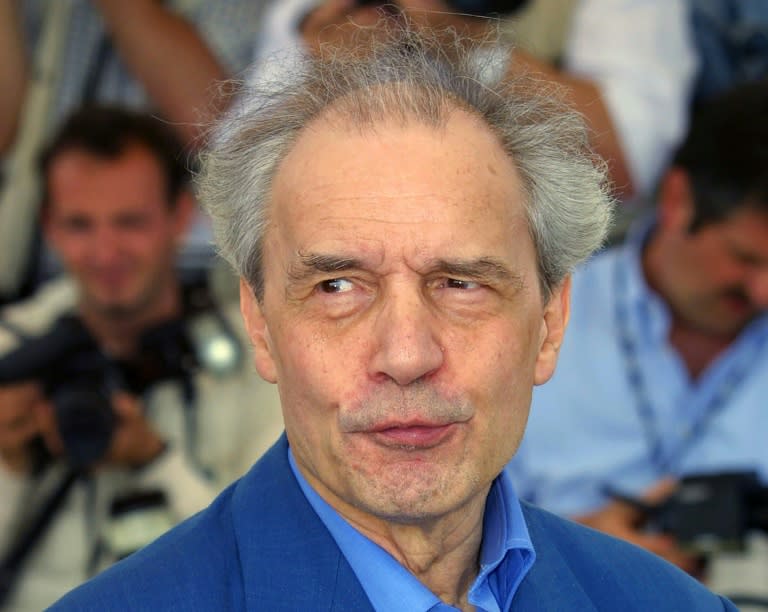French New Wave filmmaker Jacques Rivette dies aged 87
Filmmaker Jacques Rivette, one of the leading lights of French New Wave film movement of the 1960s who revelled in cinematic improvisation, died Friday aged 87. Among the best known of his languid, intellectual movies is fantasy drama "Celine and Julie Go Boating" (1974), which lasts more than three hours and is replete with literary and film allusions. Rivette, whose 28 films also included 1991 hit "La Belle Noiseuse" (The Beautiful Troublemaker) and "Paris Nous Appartient" (Paris Belongs to Us), was born in Rouen, northern France, on March 1, 1928, the son of a pharmacist. He started out as a film critic, like other future French New Wave pillars Francois Truffaut, Jean-Luc Godard and Eric Rohmer, writing for the "Cahiers du Cinema" magazine, becoming its editor-in-chief from 1963-65. French President Francois Hollande's office hailed Rivette as "one of the greatest filmmakers, (who) marked several generations". He said Rivette was a "woman's director... offering major roles to actresses who made cinema history" such as Anna Karina, star of "The Nun", a 1966 film that was initially banned because of its cynical view of the Roman Catholic Church. Karina, a muse of Godard and his wife from 1961-65, was herself considered a pioneer of French New Wave. Now 75, Karina said Friday: "French cinema has lost one of its freest and most inventive directors." The term "new wave" was first coined in 1957 in the nation's press as a general reference to the new post-war generation. But it quickly came to refer to the upcoming auteur filmmakers and critics known as the "Cahiers du Cinema" group. It was also in the mid-1950s that Truffaut attacked the great French filmmakers of the time -- Claude Autant-Lara and Marc Allegret -- as a bunch of "bourgeois people making bourgeois films for the bourgeoisie". Thanks to technical advances in the late 1950s -- lighter cameras and increasingly light-sensitive film -- the New Wave directors brought a fresh breath to movies, shooting outside in natural settings with trimmed-down budgets and crews, and no stars. Godard said of Rivette that "it was as though he had a privileged access to cinematographic truth."


